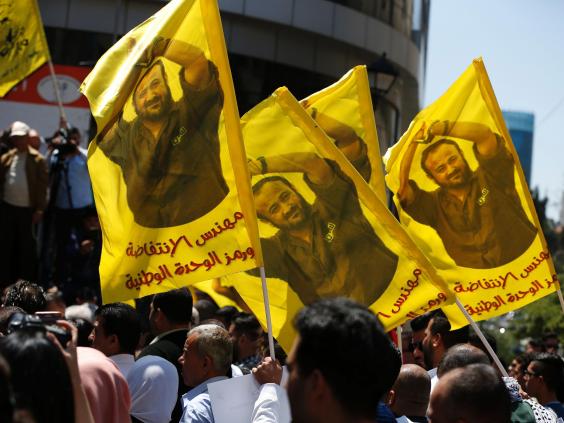AMNESTY INTERNATIONAL
Egypt: Relentless assault on rights of workers and trade unionists
April 30, 2017
Egypt: Relentless assault on rights of workers and trade unionists
April 30, 2017
Dozens of workers and trade unionists in Egypt have faced
arrest, detention, dismissal from work or trials in military courts,
merely for exercising their freedom of expression, association and
assembly, Amnesty International said in a statement published to mark Labour Day on 1 May.
Amid rising economic hardship in Egypt and a wave labour strikes in the private and public sector, as well as military-owned industries, the government is using a series of disciplinary measures and criminal sanctions to crack down on workers and trade unionists. It is also seeking to amend existing laws to further restrict labour rights.
“The Egyptian authorities have waged a punitive campaign against workers and trade unionists to deter and punish them from mobilizing or going on strike. Demanding your labour rights and expressing your grievances should not be a criminal offense.
The right to strike and peaceful assembly are enshrined, both, in Egypt’s Constitution and international human rights law. Egyptian authorities must stop punishing people for exercising and demanding their rights,” said Najia Bounaim, Campaigns Director for North Africa at Amnesty International.
Many workers have been arrested simply for taking part in a strike or a peaceful protest. Some have been held in pre-trial detention for prolonged periods or subject to restrictive probation measures. Just last week, 16 workers from the Telecom Egypt Company in Cairo and Giza were arrested for participating in a peaceful demonstration under Egypt’s anti-protest law. They were released after solidarity protests.
In some cases disciplinary measures including pay cuts, suspension or dismissal from work are used to punish workers. At the state-run Zagazig University Hospital, 12 nurses were suspended after participating in a week-long strike in February 2017 during which the hospital provided only emergency services.
Workers in military-owned factories face additional risks as they can be subject to unfair trials at military courts,. Twenty five workers from the military-run Alexandria Shipyard Company are currently on trial before a military court. They have been charged with “inciting workers to strike,” and could face up to two years in prison.
The authorities have also interfered with the functioning of independent workers unions, by targeting members with disciplinary action and by hampering their activities. The government has also proposed amendments to the Labour Law and Trade Unions Law that will make organizing strikes even more difficult and will make it virtually impossible to establish or join an independent trade union.
*For more information about the labour rights situation in Egypt see the full statement here
Amid rising economic hardship in Egypt and a wave labour strikes in the private and public sector, as well as military-owned industries, the government is using a series of disciplinary measures and criminal sanctions to crack down on workers and trade unionists. It is also seeking to amend existing laws to further restrict labour rights.
“The Egyptian authorities have waged a punitive campaign against workers and trade unionists to deter and punish them from mobilizing or going on strike. Demanding your labour rights and expressing your grievances should not be a criminal offense.
The right to strike and peaceful assembly are enshrined, both, in Egypt’s Constitution and international human rights law. Egyptian authorities must stop punishing people for exercising and demanding their rights,” said Najia Bounaim, Campaigns Director for North Africa at Amnesty International.
Many workers have been arrested simply for taking part in a strike or a peaceful protest. Some have been held in pre-trial detention for prolonged periods or subject to restrictive probation measures. Just last week, 16 workers from the Telecom Egypt Company in Cairo and Giza were arrested for participating in a peaceful demonstration under Egypt’s anti-protest law. They were released after solidarity protests.
In some cases disciplinary measures including pay cuts, suspension or dismissal from work are used to punish workers. At the state-run Zagazig University Hospital, 12 nurses were suspended after participating in a week-long strike in February 2017 during which the hospital provided only emergency services.
Workers in military-owned factories face additional risks as they can be subject to unfair trials at military courts,. Twenty five workers from the military-run Alexandria Shipyard Company are currently on trial before a military court. They have been charged with “inciting workers to strike,” and could face up to two years in prison.
The authorities have also interfered with the functioning of independent workers unions, by targeting members with disciplinary action and by hampering their activities. The government has also proposed amendments to the Labour Law and Trade Unions Law that will make organizing strikes even more difficult and will make it virtually impossible to establish or join an independent trade union.
*For more information about the labour rights situation in Egypt see the full statement here
























